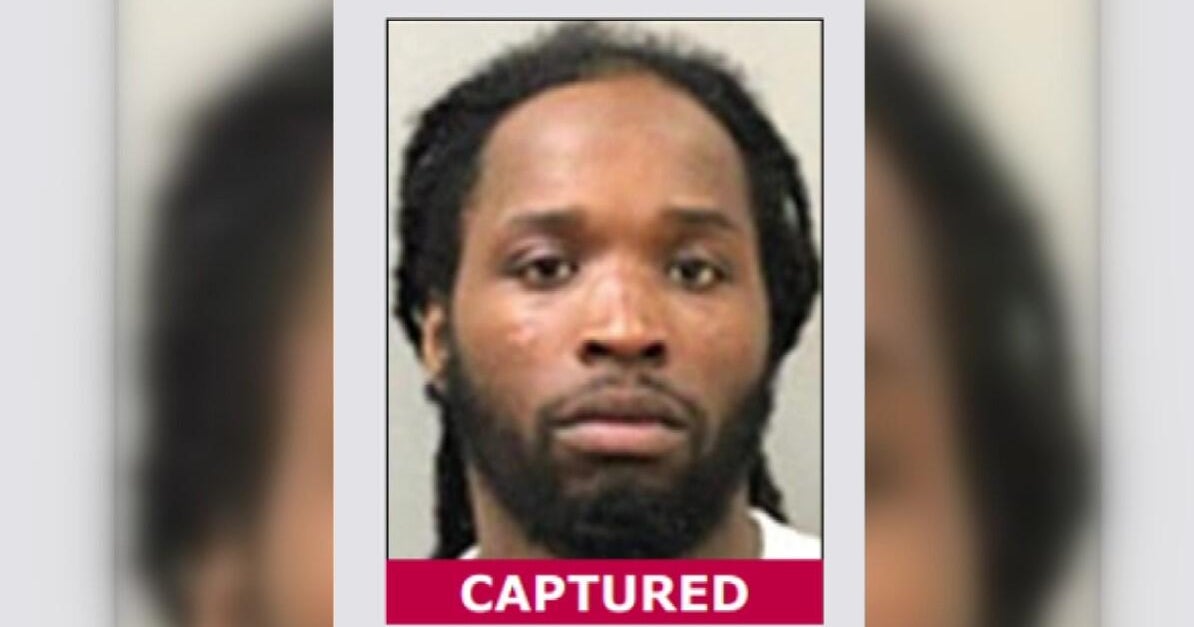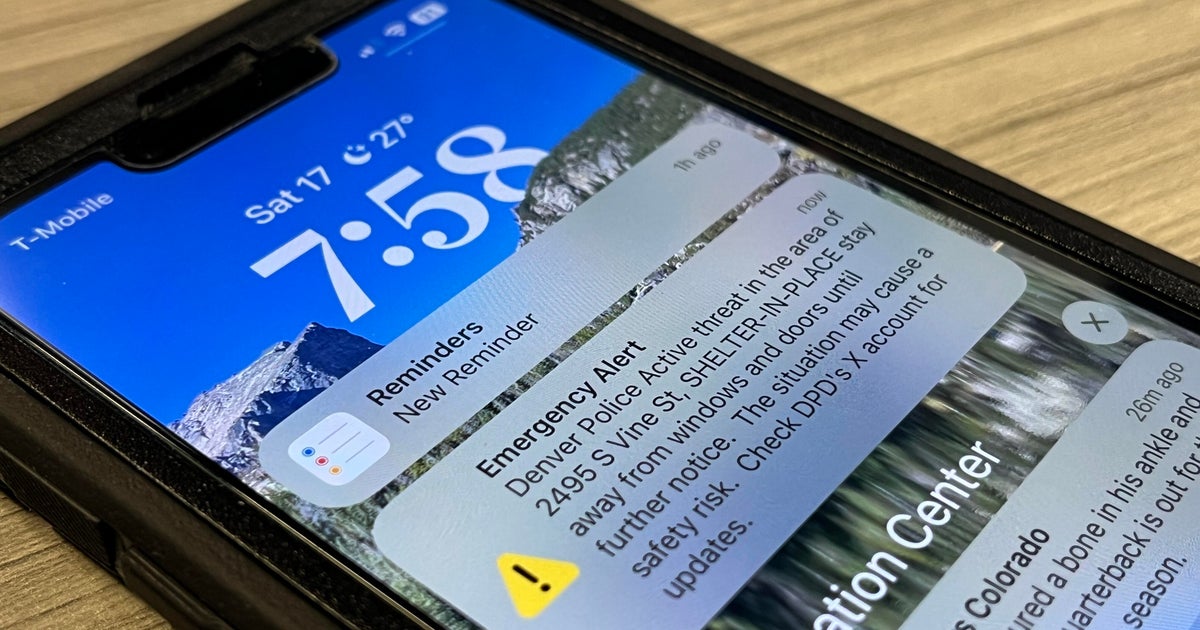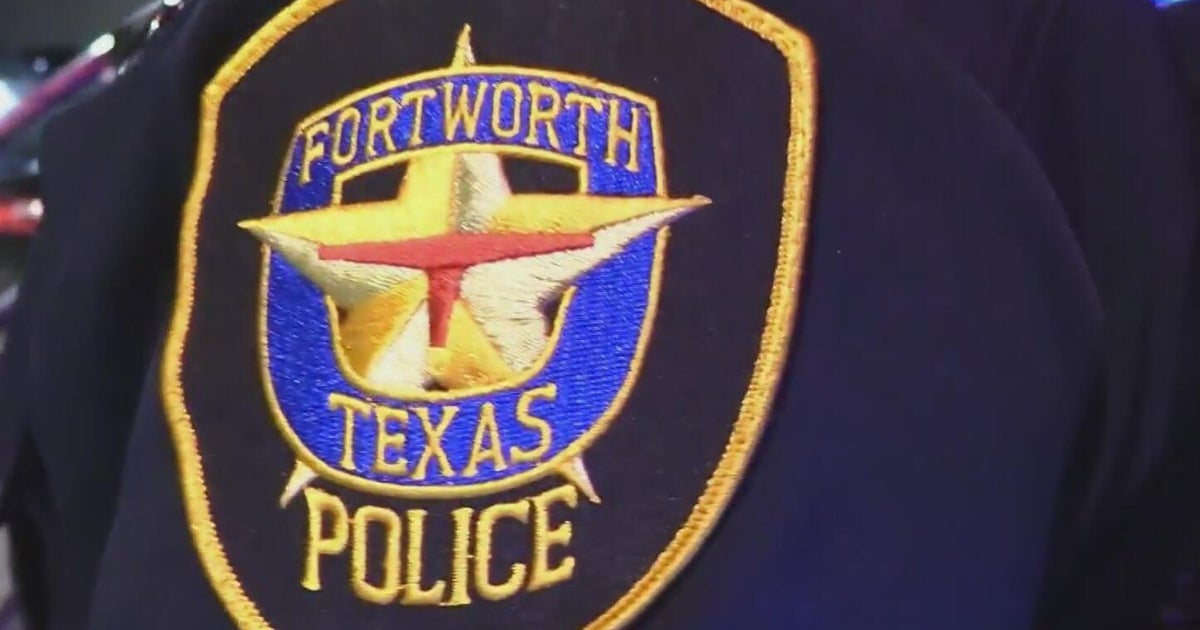I-Team: Medical ID Theft On The Rise, Could Put Lives In Danger
BOSTON (CBS) - We've all heard of identity theft and having our financial information stolen. But now there's a new, scary twist on this crime.
Thieves are stealing medical identities, and that's leaving victims with big bills and the potential for medical catastrophes.
It's called medical ID theft; someone stealing your identification to get expensive health services.
For an average person whose identity is stolen, their exposure is about $2,000. However, someone's medical identity that is stolen could have an exposure of about $20,000.
"We have 24 counts of fraud on using my social security number for various things, mostly medical identity theft; medical charges," a college professor named Lisa told WBZ-TV's Joe Shortsleeve.
Lisa is on the hook for $50,000 for services and drugs obtained in half-dozen states.
"It's always an emotional burden because you are always on guard and you never know when she is going to strike again," Lisa said of the woman using her identity.
Christine O'Neill, the FBI's supervisory agent for health care fraud in Boston told the I-Team that medical ID theft can start with a single stolen wallet, or with organized crime rings breaching huge data systems.
Investigators have seen employees inside health care offices with access to all the patients personal information stealing it, which happened at Health Sports and Rehab physical therapy office in Dorchester.
Court records obtained by the I-Team show Laverne Miskel pled guilty to stealing personal information while interning there.
Owner Andrew Watson said Miskel worked in tandem with a boyfriend on the outside to create bogus checks.
The result can be a financial headache that can take years to untangle. What's worse is if someone uses your medical information to go get health treatment; that can cause a life or death situation.
If somebody had a different blood type, that information is going to taint your medical history. So in an extreme case, if somebody was in an accident and they go to seek treatment and that blood type has been changed, they could be given a wrong blood type for a transfusion
Making matters worse, Pam Dixon, a nationally recognized expert on medical ID theft, says getting records corrected is next to impossible.
Under the federal privacy law, hospitals are not supposed to give people records that are not about them, and once a thief has used your file, it's not actually you anymore, even though it is," Dixon said.
Agent O'Neill believes medical facilities could make one small security change to reap big benefits.
"Ask for somebody's license and other identifiers when they come to seek treatment," she suggested.
The FBI says the best way to protect yourself is to shred every health care bill you receive, and to scrutinize those invoices to confirm each charge is for care you receive.







